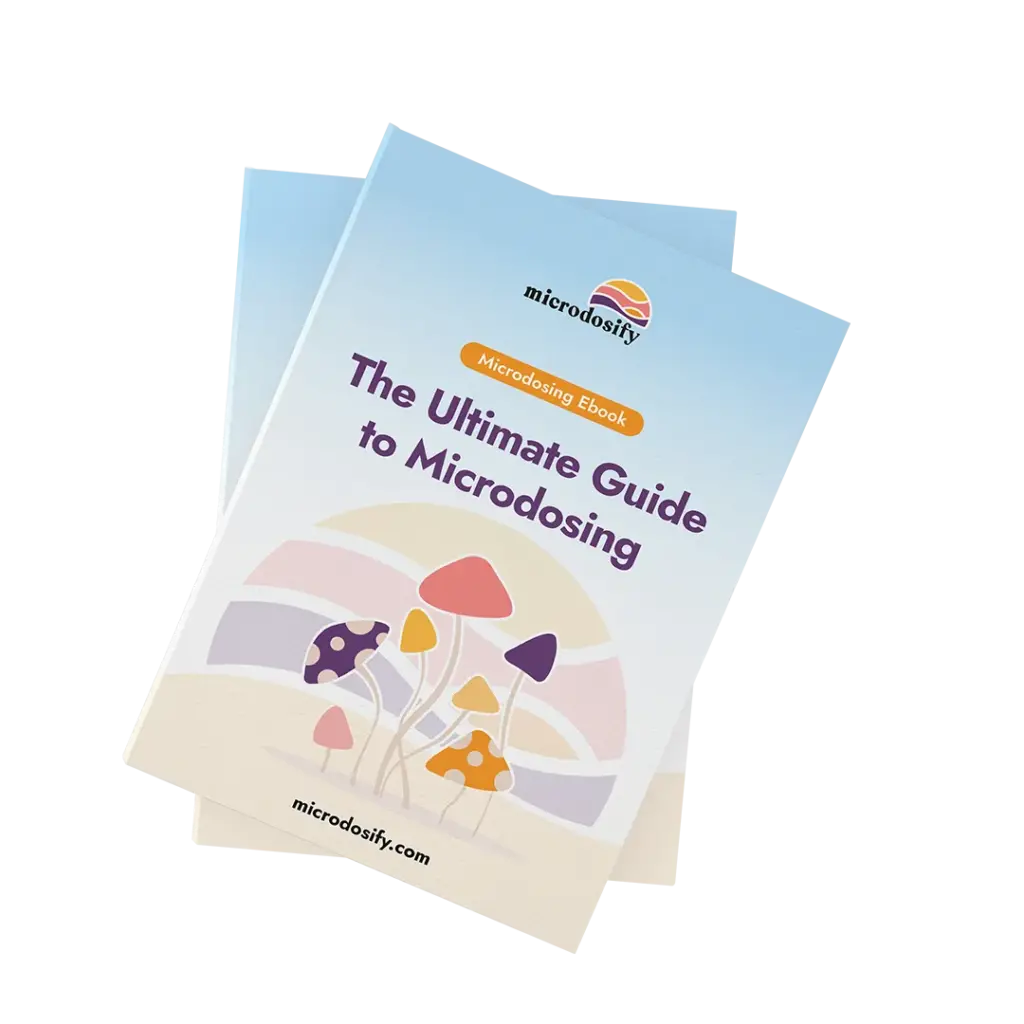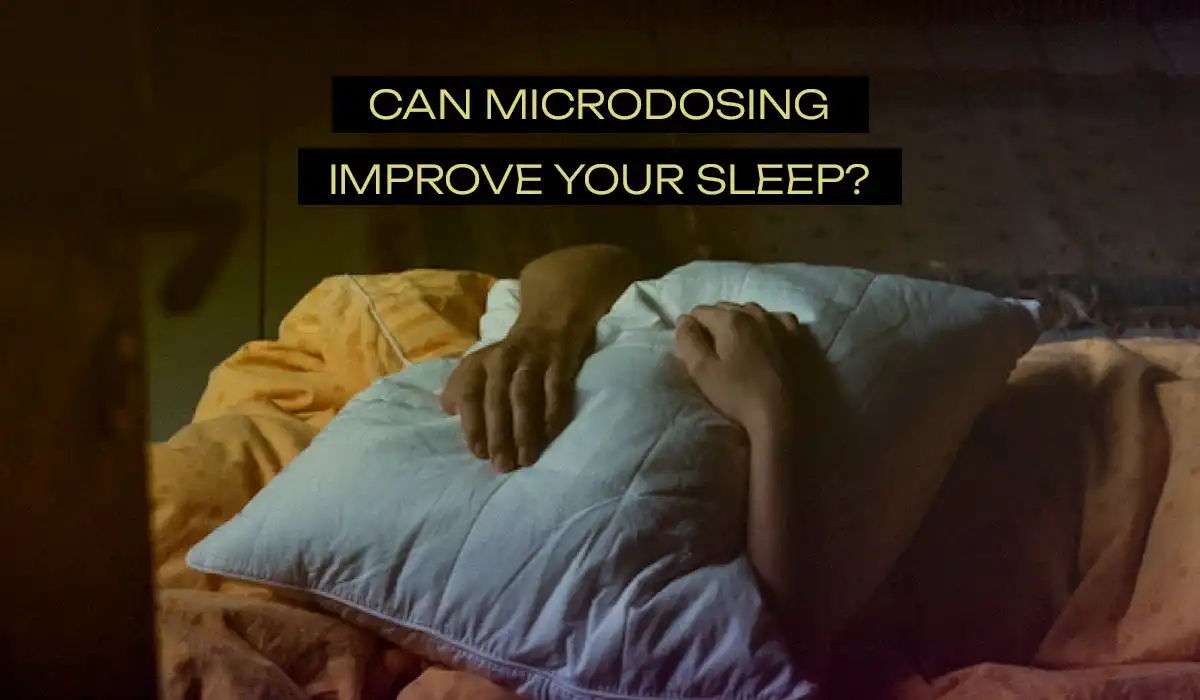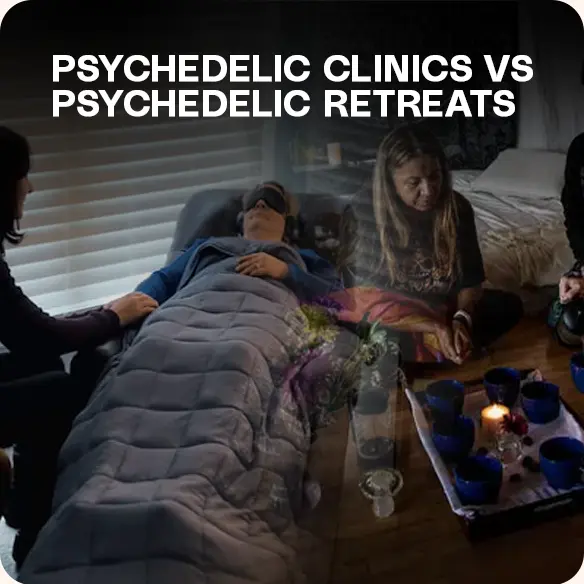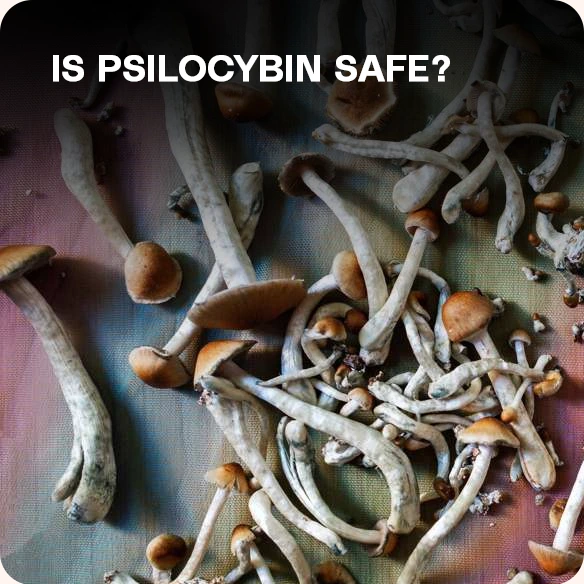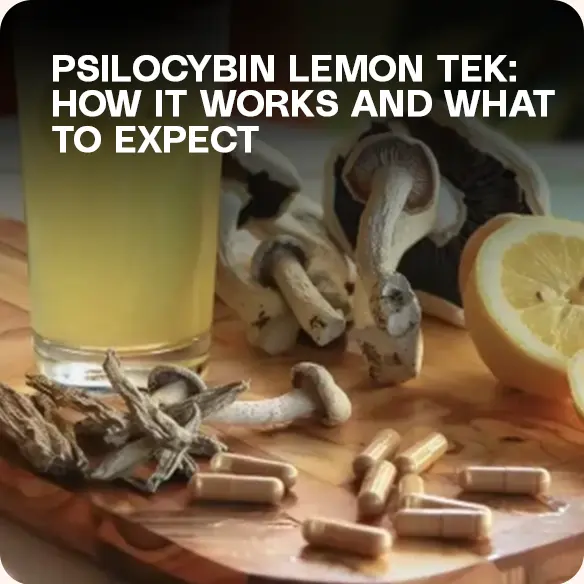Psilocybin and Sleep
To understand the potential of psilocybin to improve sleep, we must first delve into the intricate dance of neurotransmitters and neural pathways that govern our wakeful and sleep states.
Psychedelics, even in minuscule doses, play a fascinating role in this biochemical ballet, potentially recalibrating the brain’s approach to relaxation and rest.
Emerging research, including a study conducted by Frontiers in Pharmacology with twenty healthy volunteers, illuminates how psilocybin can influence sleep architecture.
This research reveals that psilocybin administration can lead to extended REM sleep latency and a trend toward reduced REM sleep duration, alongside suppressed slow-wave activity (SWA) in the first sleep cycle.
Although these changes suggest alterations in sleep architecture that could have antidepressant implications, the complexity of psilocybin’s impact on sleep microstructure is highlighted by the lack of significant changes in whole night EEG power spectra across frequencies in NREM or REM sleep.
Read more: Microdosing at Night
Research on Psilocybin and Sleep
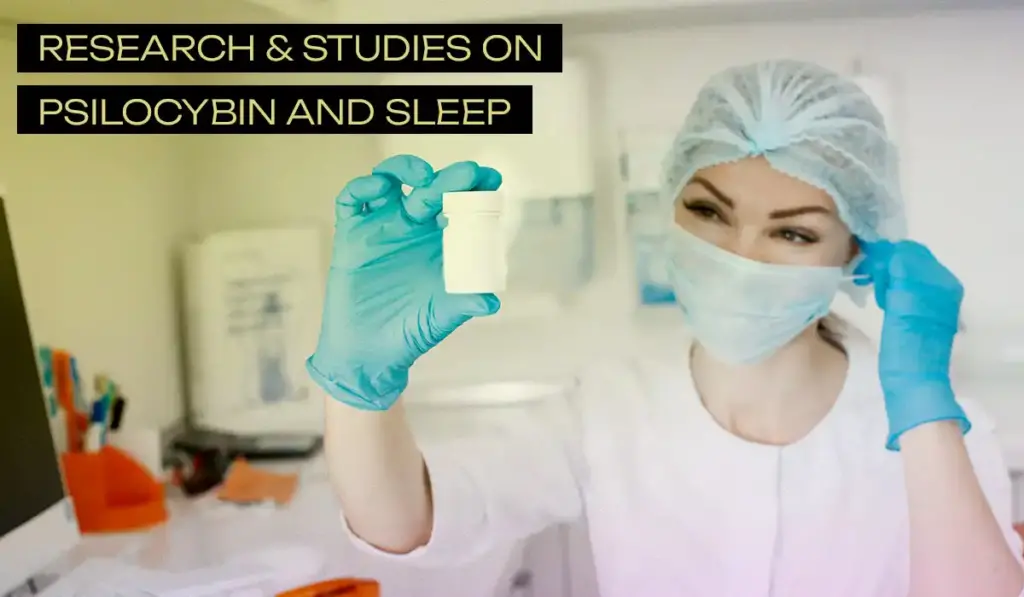
The methodology from “The Effects of Daytime Psilocybin Administration on Sleep: Implications for Antidepressant Action” conducted by Frontiers in Pharmacology was rigorous: a double-blind, placebo-controlled design ensured the reliability of results.
Participants underwent two sessions, one with psilocybin and one with a placebo, with their sleep architecture monitored through electroencephalography (EEG).
The findings revealed nuanced effects of psilocybin on sleep. While REM latency was prolonged, indicating a delay in entering REM sleep, the overall duration of REM sleep was not significantly reduced. Surprisingly, the study observed a suppression of SWA in the initial sleep cycle following psilocybin administration, a result contrary to the anticipated increase.
These results prompt a reevaluation of the simplistic notion that microdosing unilaterally improves sleep quality.
The suppression of SWA, typically associated with deep, restorative sleep, suggests that the relationship between microdosing and sleep architecture is complex.
This complexity underscores the necessity for further research to understand the mechanisms at play and their implications for therapeutic use.
The study’s implications extend beyond the scientific community. For individuals considering microdosing as a means to enhance sleep, these findings offer a cautionary note.
The variability in response to psilocybin, coupled with the lack of extensive research in this area, advises against unilateral recommendations for microdosing as a sleep aid.
Moreover, the research was conducted under strict ethical oversight, highlighting the importance of safety and well-being in psychedelic studies. This level of scrutiny and ethical consideration sets a standard for future investigations into microdosing and its effects on human health.
In conclusion, while microdosing presents a fascinating avenue for exploring alternative treatments for sleep disturbances, the journey is still in its infancy.
The nuanced interplay between psychedelics and sleep architecture revealed by recent studies illuminates the path forward—a path marked by cautious optimism and a commitment to rigorous, ethically conducted research. As we delve deeper into this intriguing field, the ultimate goal remains clear: to enhance our understanding of the human mind and its potential for healing and growth.
Why is Microdosing Before Bed is a Bad Idea?
Those contemplating microdosing as a sleep aid embark on a deeply personal exploration, guided more by individual experiences and less by concrete evidence.
- Microdosing before bed can alter the quality of your sleep, leading to disturbances in your sleep cycle. This disruption can leave you feeling tired the next day.
- When you microdose in the evening, the subtle effects of psychedelics might interfere with your sleep patterns.
- The altered state of consciousness induced by microdosing can disrupt your natural sleep cycle, leading to difficulty falling asleep or achieving restorative rest.
- Psychedelics, even in small doses, can elevate your energy levels and enhance sensory perception, which is counterproductive when you’re aiming to wind down.
- The potential impact on dream patterns may leave you with vivid or unusual dreams, further disrupting the quality of your sleep.
Can You Take Sleeping Pills After Microdosing?
Mixing psychedelics with sleeping pills can potentially lead to unpredictable interactions and adverse effects on your sleep quality.
While some individuals may find that combining the two helps them relax and fall asleep, others may experience heightened side effects or discomfort.
It’s crucial to consult with a healthcare professional before combining microdosing with any other medication, including sleeping pills. Your doctor can provide personalized guidance based on your health history and needs.
When is the Best Time to Microdose?

The optimal time to microdose is morning. Starting your day with a microdose can subtly boost your creativity and mood. It’s like inviting a gentle wave of focus without the intensity of a whole psychedelic experience.
By microdosing in the morning, you can harness its potential while still maintaining a balanced sleep schedule.
Conclusion
Microdosing presents an intriguing possibility for those on a quest for better sleep. While stories of its effectiveness circulate, the lack of comprehensive research advises a cautious approach.
As we navigate this intriguing possibility, the journey is as much about understanding the nuances of sleep as it is about the potential of psychedelics to enhance our nocturnal rest.
As you navigate this path, remember to prioritize safety and consult experts for personalized advice.
Sources:
- Dudysová D, Janků K, Šmotek M, Saifutdinova E, Kopřivová J, Bušková J, Mander BA, Brunovský M, Zach P, Korčák J, Andrashko V, Viktorinová M, Tylš F, Bravermanová A, Froese T, Páleníček T, Horáček J. The Effects of Daytime Psilocybin Administration on Sleep: Implications for Antidepressant Action. Front Pharmacol. 2020 Dec
